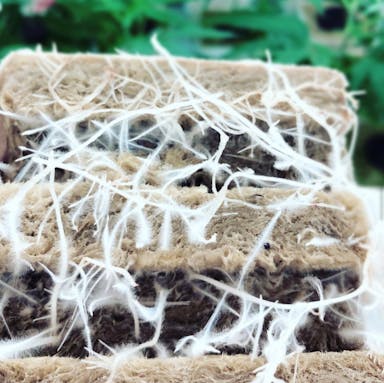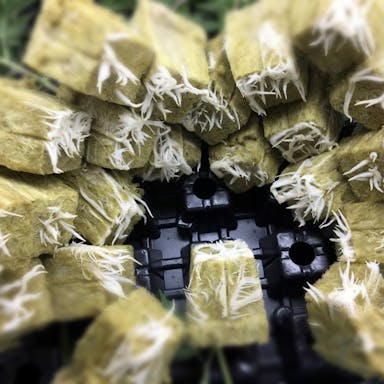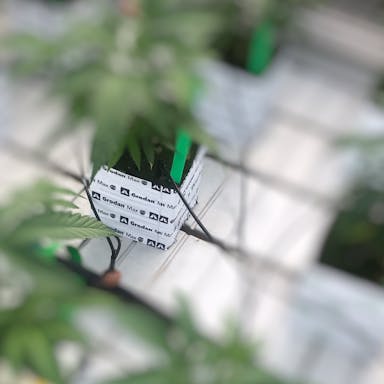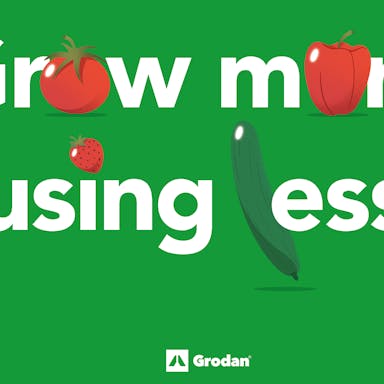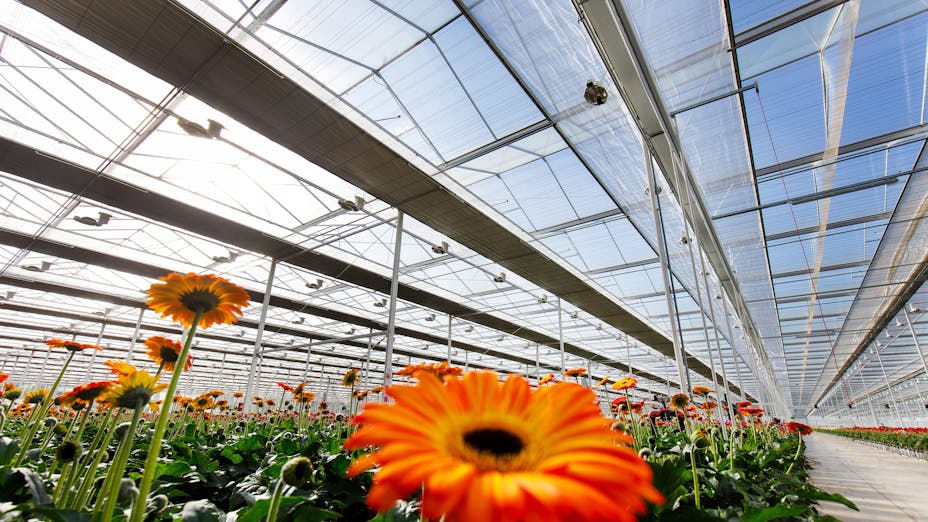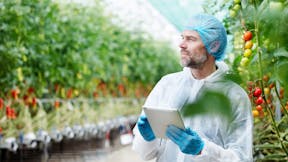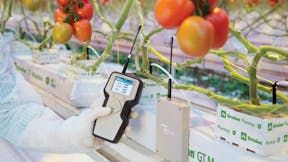Sustainability pioneers
|
“Currently, supermarkets only make a distinction between organic products (cultivated on the land, without chemical crop protection products) and non-organic products. Fruits and vegetables not cultivated on the land are therefore automatically classified as non-organic. Which is strange, because a tomato from a high-tech greenhouse in the Netherlands is cultivated in a very natural, sustainable way, without the use of chemical crop protection products. The high-tech greenhouses are the pioneers in the field of sustainability, in my opinion,” said Sander van Golberdinge, Public Affairs Manager at Grodan in an earlier interview. |
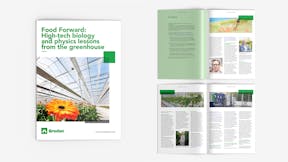
Food Forward: High-tech biology and physics lessons from the greenhouse
Did you know that as early as 1988 it was discovered that bumblebees are the best pollinators of tomatoes? Thanks to their ‘buzz-pollination’ technique, where the bees shake the flowers, bumblebees are now used for more than a hundred different crops.

